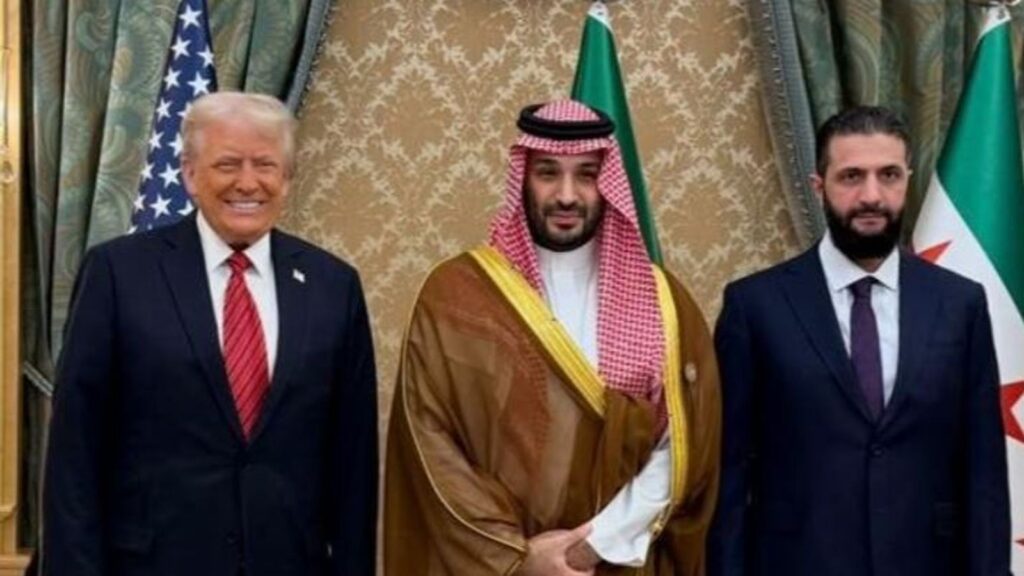President Donald Trump recently met with Syrian President Ahmed al Sharaa during his Middle East tour, marking the first encounter between the leaders of the two nations in 25 years. Following the announcement of lifting sanctions against Syria, Trump urged Al Sharaa to sign the Abraham Accords with Israel and expel foreign terrorists from Syria. The White House readout highlighted Trump’s call for cooperation on deporting Palestinian terrorists, combating ISIS, and managing detention centers in northeast Syria. Despite Al Sharaa’s past as an insurgent leader, the meeting symbolized Trump’s message of reconciliation and opportunity in the region.
The lifting of sanctions on Syria, a country long economically restricted due to global sanctions, presents a significant turning point. This move could bring about positive changes for Syria’s governance and economy, allowing for increased humanitarian aid, foreign investment, and access to frozen assets. The UN’s push for sanctions relief has gained momentum with the US’s decision, potentially opening doors for other nations to follow suit. Trump’s optimistic outlook for Syria’s future post-sanctions reflects a shift towards a more constructive relationship with the war-torn nation, aiming to foster progress and stability. Overall, the meeting and sanctions lift signal a new chapter in US-Syria relations and hold promise for a transformed landscape in the region.

